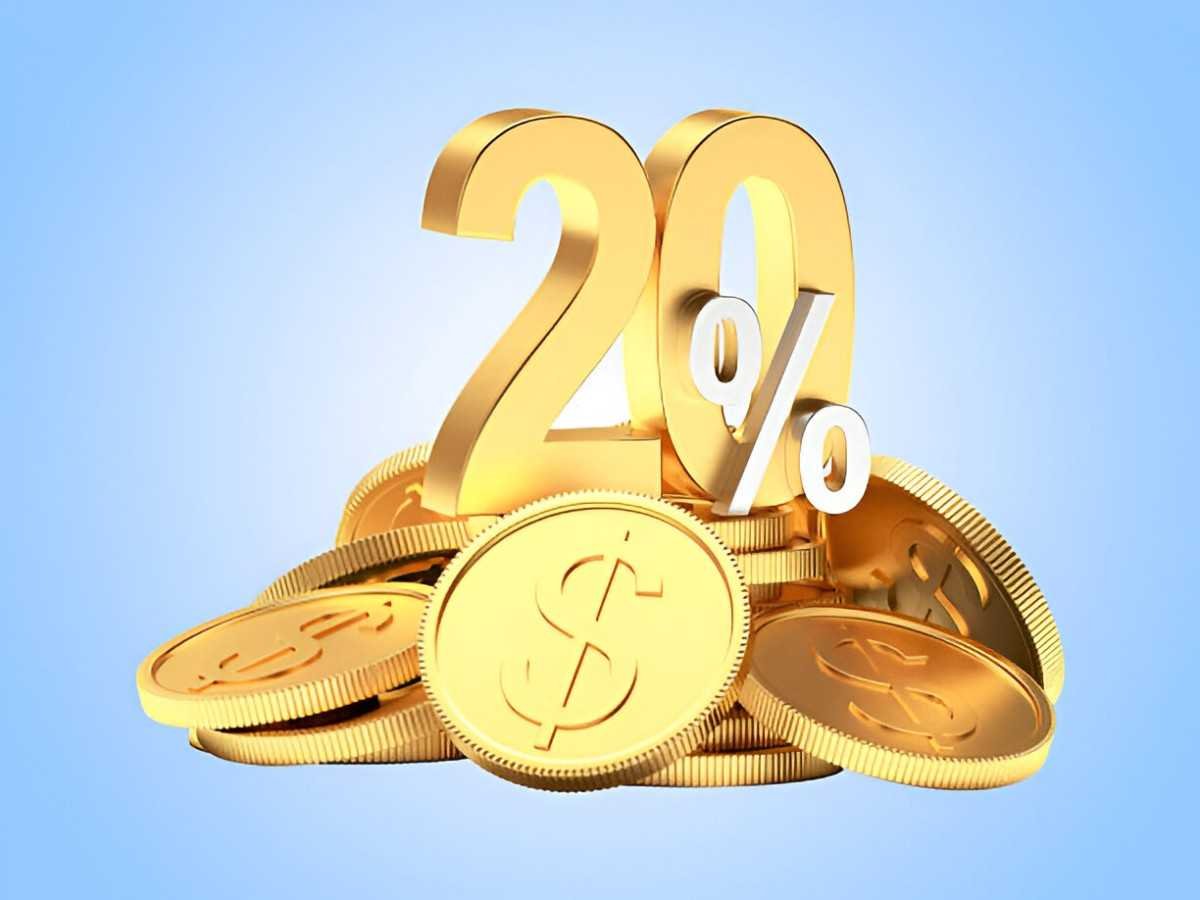When I think about choosing mutual funds, especially in 2025, I focus on a few key points: consistent performance, fees, risk profile, and alignment with my investment goals. The US market offers thousands of mutual funds, but I’ll share with you 20 top mutual funds across different categories. These funds have strong track records, reasonable fees, and strategies that I find worth considering in today’s economic environment.
Table of Contents
How I Picked These Mutual Funds
I evaluated funds based on:
- Historical risk-adjusted returns (Sharpe ratio)
- Expense ratios (lower is generally better)
- Fund manager experience and strategy consistency
- Fund size and liquidity
- Suitability for different investor profiles (growth, income, balanced)
Let’s dive into the top 20 funds categorized for clarity.
1. Large-Cap Growth Funds
Large-cap growth funds invest in big US companies expected to grow faster than the market.
| Fund Name | 5-Year Avg Return | Expense Ratio | Risk Level | Key Holdings |
|---|---|---|---|---|
| Fidelity Contrafund (FCNTX) | 13.5% | 0.85% | Medium-High | Amazon, Facebook, Alphabet |
| T. Rowe Price Blue Chip Growth (TRBCX) | 14.2% | 0.69% | Medium-High | Microsoft, Visa, Apple |
| Vanguard Growth Index Fund (VIGAX) | 12.9% | 0.05% | Medium | Apple, Microsoft, Amazon |
Why These?
I like Fidelity Contrafund for active management seeking undervalued growth stocks. Vanguard’s index fund suits investors wanting low fees with market returns.
2. Large-Cap Value Funds
Value funds focus on companies trading below their intrinsic value.
| Fund Name | 5-Year Avg Return | Expense Ratio | Risk Level | Key Holdings |
|---|---|---|---|---|
| Vanguard Value Index Fund (VVIAX) | 10.7% | 0.05% | Medium | Berkshire Hathaway, JPMorgan Chase |
| T. Rowe Price Equity Income (PRFDX) | 9.8% | 0.66% | Medium | Johnson & Johnson, Pfizer |
| Dodge & Cox Stock Fund (DODGX) | 11.0% | 0.52% | Medium | Wells Fargo, ExxonMobil |
Value funds can be less volatile and often pay dividends, which I appreciate for income and stability.
3. Mid-Cap Funds
Mid-cap funds invest in companies with market caps roughly $2B–$10B, balancing growth and value.
| Fund Name | 5-Year Avg Return | Expense Ratio | Risk Level | Key Holdings |
|---|---|---|---|---|
| T. Rowe Price Mid-Cap Growth (RPMGX) | 12.4% | 0.75% | Medium-High | Pool Corp, Insulet Corp |
| Vanguard Mid-Cap Index Fund (VIMAX) | 11.8% | 0.05% | Medium | ServiceNow, Align Technology |
Mid-cap funds tend to outperform large caps in strong economic growth periods.
4. Small-Cap Funds
Small-cap funds invest in smaller companies with higher growth potential but higher risk.
| Fund Name | 5-Year Avg Return | Expense Ratio | Risk Level | Key Holdings |
|---|---|---|---|---|
| Fidelity Small Cap Growth (FCPGX) | 15.0% | 0.75% | High | HubSpot, Shake Shack |
| Vanguard Small Cap Index Fund (VSMAX) | 12.0% | 0.05% | High | Novanta, Axonics |
Small caps add growth potential but require a strong stomach for volatility.
5. Balanced Funds
Balanced funds mix stocks and bonds, aiming for moderate growth with less volatility.
| Fund Name | 5-Year Avg Return | Expense Ratio | Risk Level | Asset Mix |
|---|---|---|---|---|
| Vanguard Balanced Index Fund (VBIAX) | 8.5% | 0.07% | Medium | 60% stocks, 40% bonds |
| Fidelity Balanced Fund (FBALX) | 7.8% | 0.63% | Medium | 60% stocks, 40% bonds |
These funds suit investors wanting growth without the full risk of pure equity funds.
6. Bond Funds
For income and lower volatility, bond funds invest in government and corporate debt.
| Fund Name | 5-Year Avg Return | Expense Ratio | Risk Level | Bond Types |
|---|---|---|---|---|
| Vanguard Total Bond Market Index Fund (VBTLX) | 3.8% | 0.05% | Low | US Treasuries, Corporates |
| PIMCO Total Return Fund (PTTAX) | 4.0% | 0.85% | Low-Medium | Diversified Bonds |
I rely on bond funds to stabilize portfolios, especially in rising rate environments.
7. International Funds
International funds diversify outside the US.
| Fund Name | 5-Year Avg Return | Expense Ratio | Risk Level | Regions Focused |
|---|---|---|---|---|
| American Funds EuroPacific Growth (AEPGX) | 7.0% | 0.86% | Medium-High | Europe, Asia |
| Vanguard Total International Stock Index Fund (VTIAX) | 6.5% | 0.11% | Medium | Developed & Emerging Markets |
Global exposure helps reduce US-centric risks.
Understanding Fees and Their Impact
Fees might seem small but compound heavily over time.
Suppose you invest $20,000 with a 7% gross return. Compare two funds:
| Expense Ratio | Net Return | 20-Year Future Value |
|---|---|---|
| 0.05% (Vanguard) | 6.95% | 20000 \times (1.0695)^{20} = 76,334 |
| 0.85% (Active Fund) | 6.15% | 20000 \times (1.0615)^{20} = 69,522 |
That’s nearly $7,000 difference simply from fees.
How to Use This List
I recommend diversifying across fund types to match your risk tolerance and goals. For example:
| Investor Profile | Suggested Fund Mix |
|---|---|
| Conservative | 60% Bond Funds, 30% Large-Cap Value, 10% International |
| Balanced | 40% Large-Cap Growth, 30% Bond Funds, 20% Mid-Cap, 10% International |
| Aggressive Growth | 60% Large & Mid-Cap Growth, 20% Small Cap, 10% International, 10% Balanced |
Final Thoughts
Choosing the right mutual funds in 2025 requires balancing performance, risk, fees, and your financial goals. I find this list useful to start research and construct a portfolio tailored to your needs. Remember, investing is a long-term journey, and consistent investing combined with periodic review often beats chasing hot trends.





